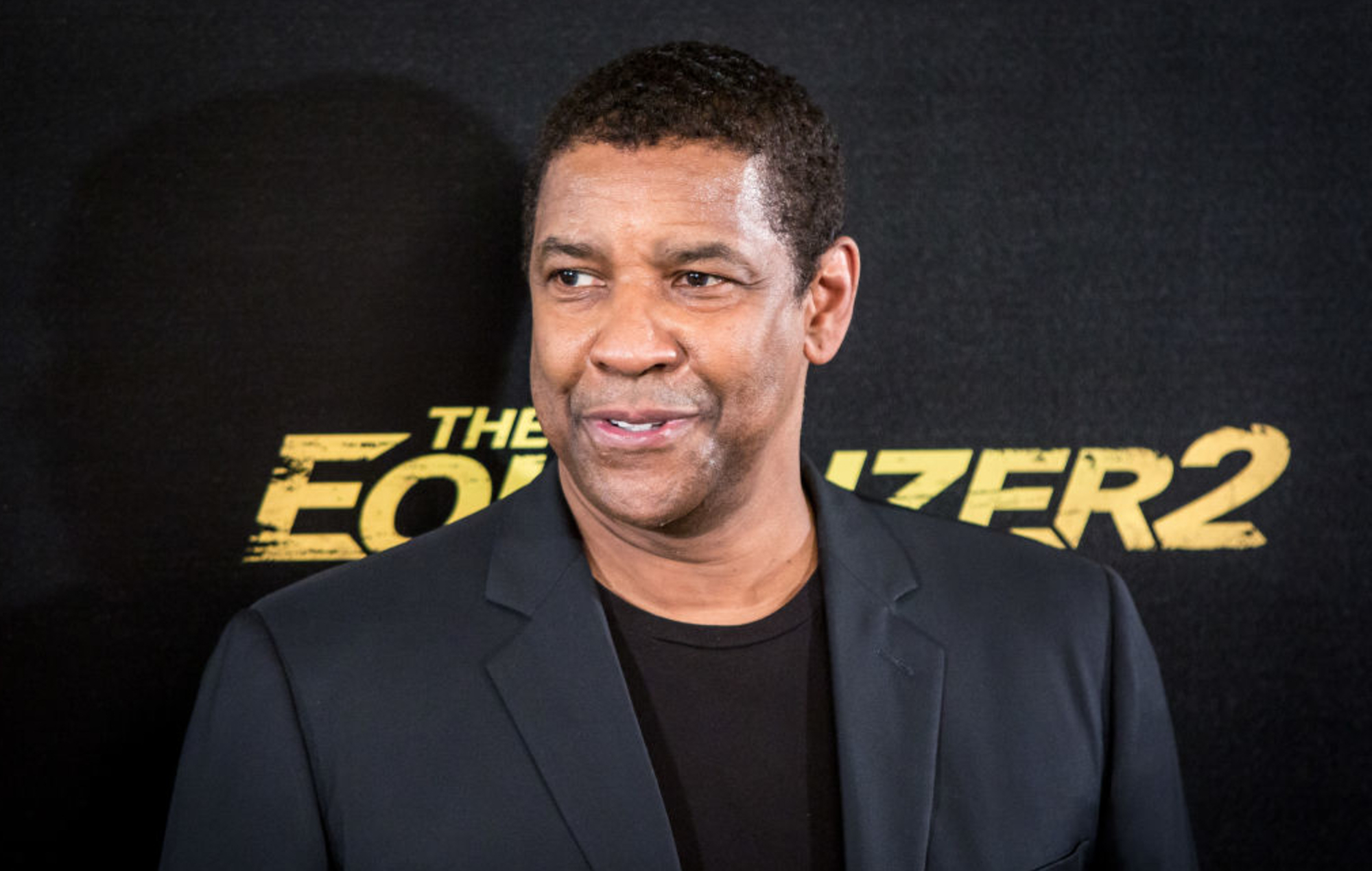Denzel Washington is not just a celebrated actor; he is a cultural icon whose impact extends beyond the silver screen. His remarkable career has earned him accolades and recognition, yet Washington’s influence is also felt in the realm of politics. While he may not be a politician in the traditional sense, the messages he conveys through his films and public appearances often touch on significant societal issues. From his poignant portrayals of African American experiences to his stirring speeches, Washington wields his platform as a means to address and critique the political landscape in America.
As one of Hollywood's most respected figures, Denzel Washington's views on politics are often sought after. He has spoken candidly about his beliefs and the responsibilities of artists in society. Washington’s narrative goes beyond entertainment; it encompasses themes of justice, equality, and the challenges faced by marginalized communities. This article delves into Denzel Washington's political views, his contributions to social discourse, and how his work reflects the complexities of American politics.
In exploring the intersection of Denzel Washington and politics, we can gain insights into how influential figures use their voices to champion causes and inspire change. From his films to his interviews, Washington has demonstrated that art and activism can coexist, making him a powerful advocate for progress. Join us as we navigate the complexities of Denzel Washington politics, uncovering how this legendary actor engages with the world beyond film.
What is Denzel Washington's Biography?
Denzel Washington was born on December 28, 1954, in Mount Vernon, New York. He grew up in a working-class family and was heavily influenced by his mother, a beauty salon owner, and his father, a Pentecostal minister. Washington attended Fordham University, where he earned a Bachelor of Arts in Drama and Journalism. His career took off in the 1980s when he joined the cast of the television series “St. Elsewhere.” He quickly transitioned to film, earning critical acclaim for his performances in movies such as “Malcolm X,” “Training Day,” and “Fences.”
| Personal Details | Information |
|---|---|
| Name | Denzel Hayes Washington Jr. |
| Date of Birth | December 28, 1954 |
| Place of Birth | Mount Vernon, New York, USA |
| Education | Fordham University (B.A. in Drama and Journalism) |
| Occupation | Actor, Director, Producer |
| Years Active | 1976 – Present |
| Awards | 2 Academy Awards, 3 Golden Globe Awards, Tony Award |
How Does Denzel Washington Approach Political Themes in His Films?
Denzel Washington's films often tackle significant political and social issues. For example, in “Malcolm X,” he portrayed the civil rights leader with depth and nuance, highlighting the struggles faced by African Americans. His role in “The Hurricane” brought attention to wrongful imprisonment and the flaws in the justice system. Washington's ability to convey complex narratives has made his work a medium for political reflection, encouraging audiences to engage with critical societal issues.
What Role Does Denzel Washington Play in Social Justice Movements?
Washington has used his platform to advocate for social justice. He has supported various initiatives aimed at promoting equality and addressing systemic racism. By participating in events and using his voice, he has drawn attention to important causes, such as police brutality and education reform. Washington's involvement in these movements adds a layer of authenticity to his work, as he embodies the struggles he often portrays on screen.
What Are Denzel Washington's Views on Politics and Activism?
Denzel Washington has been vocal about his perspective on politics, emphasizing the importance of personal responsibility and community engagement. He believes that artists have a duty to reflect society's issues and to inspire change through their work. Washington has stated that while he may not engage directly in politics, he feels a responsibility to contribute to the dialogue surrounding social issues. His belief in the power of storytelling to influence hearts and minds is central to his approach.
How Has Denzel Washington's Background Influenced His Political Views?
Growing up in a diverse neighborhood, Washington was exposed to various cultures and experiences that shaped his worldview. His upbringing in a religious household instilled in him the values of compassion and empathy, which resonate in his political beliefs. Washington’s experiences as an African American man in the United States have informed his understanding of the systemic challenges faced by marginalized communities, fueling his passion for advocacy and change.
What Impact Has Denzel Washington Had on Political Discourse?
Through his films and public statements, Denzel Washington has significantly impacted political discourse. His portrayal of historical figures and real-life events has sparked conversations about race, justice, and equality. By addressing these themes, Washington encourages audiences to confront uncomfortable truths and inspires them to take action. His influence extends beyond entertainment; he plays a role in shaping societal narratives and fostering awareness of critical issues.
What Can We Learn from Denzel Washington's Engagement with Politics?
Denzel Washington’s engagement with politics serves as a reminder of the power of art in social change. His ability to blend entertainment with activism shows that artists can play a vital role in shaping public opinion and motivating communities. Washington exemplifies the idea that celebrities can use their platforms for good, advocating for justice and equality while inspiring others to do the same.
In conclusion, Denzel Washington's influence on the political landscape is profound. His work not only entertains but also educates and inspires action. As we navigate the complexities of Denzel Washington politics, we are reminded of the necessity of voices that challenge the status quo and advocate for a better future. Washington's legacy as an artist and activist will continue to resonate, encouraging future generations to engage with the pressing issues of our time.


